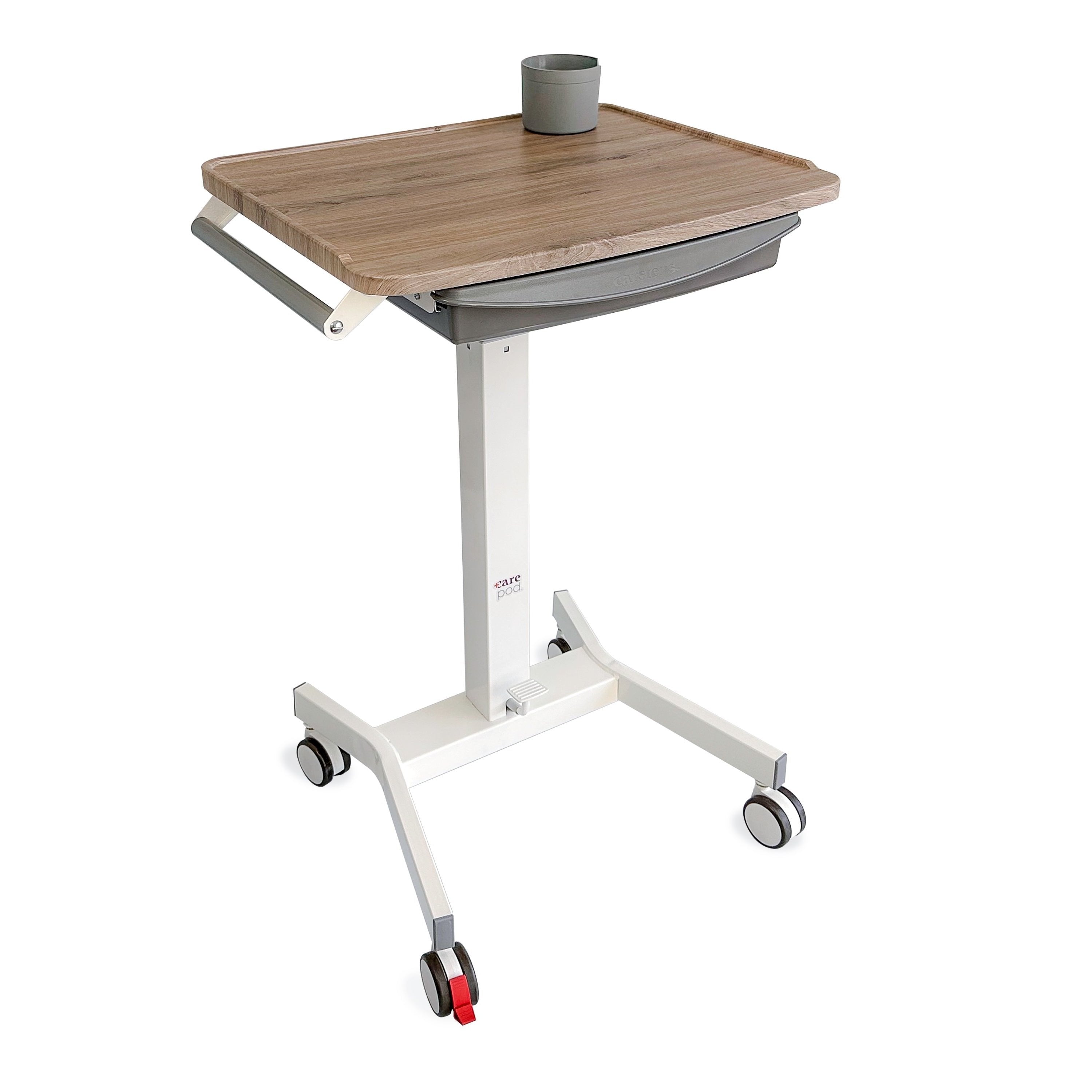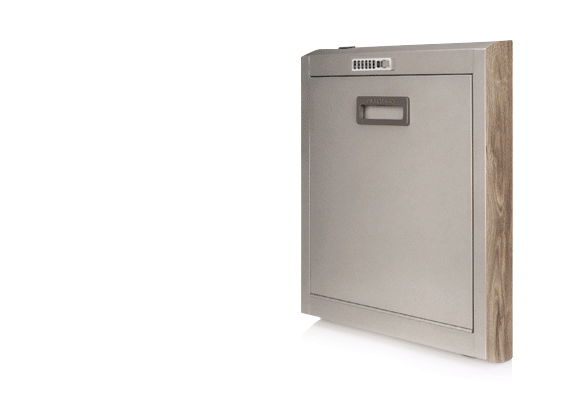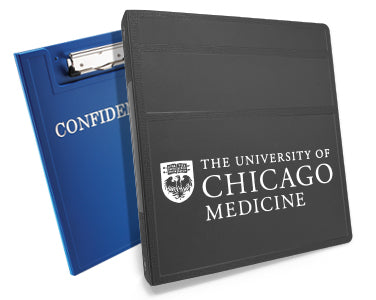Knowing how to accurately record and document a patient is beyond important—it could mean life or death. Patients can get their diagnosis, treatment, and post-care from healthcare professionals with proper documentation. Your staff must accurately document their medical records and learn from their mistakes as your facility advances to ensure your facility is providing the best care.
Why Accuracy and Legibility Is Essential
Accuracy and legibility are crucial when recording patient medical information. Recording data gives medical professionals the appropriate information to offer high-quality treatment and care. Accurate recording allows for efficient communication between medical professionals and patients. Thorough documentation also reduces the chance of further mishaps and mistakes. You can recall the specifics of the patient’s care, acting as a resource for proper treatment.
Here are four common types of medical documentation errors to avoid, curbing mishaps and adhering to high standards.
Common Medical Record Errors To Avoid
While it’s normal to make mistakes, practicing proper documentation methods is important. Inaccurate dates, illegible writing, wrong labeling, and omitted information are simple errors that can significantly impact patient care. Below are the top four common types of medical documentation errors to avoid in your healthcare facility:
- Using the wrong abbreviations
- Entering information into the wrong chart
- Noting incorrect test or lab results
- Adding entries after attending to a patient
How Can You Reduce Documentation Errors?
Accurate documentation is essential to avoid making mistakes that can result in severe health issues and even death. Effective and proper documentation is factual, organized, and complete. Your records should be within facility and health guidelines to ensure each patient receives the best care from your medical professionals. Your staff must have the proper training and resources to ensure they accurately record their patient’s information and maintain confidentiality. Utilizing tools such as Kardex filing systems or transcription devices can help keep your facility’s records organized, safe, and accurate.
Inaccurate medical documentation can be detrimental to someone’s health. Ensure your facility exercises proper recording procedures to give patients the best possible care. Having accurate records also includes ensuring these documents are in a safe location. Doing so reduces the risk of mistakenly grabbing someone else’s file. Carstens has the supplies and tools your facility needs to achieve accurate and organized medical documentation. Browse our website to find the best solutions for your healthcare facility.






